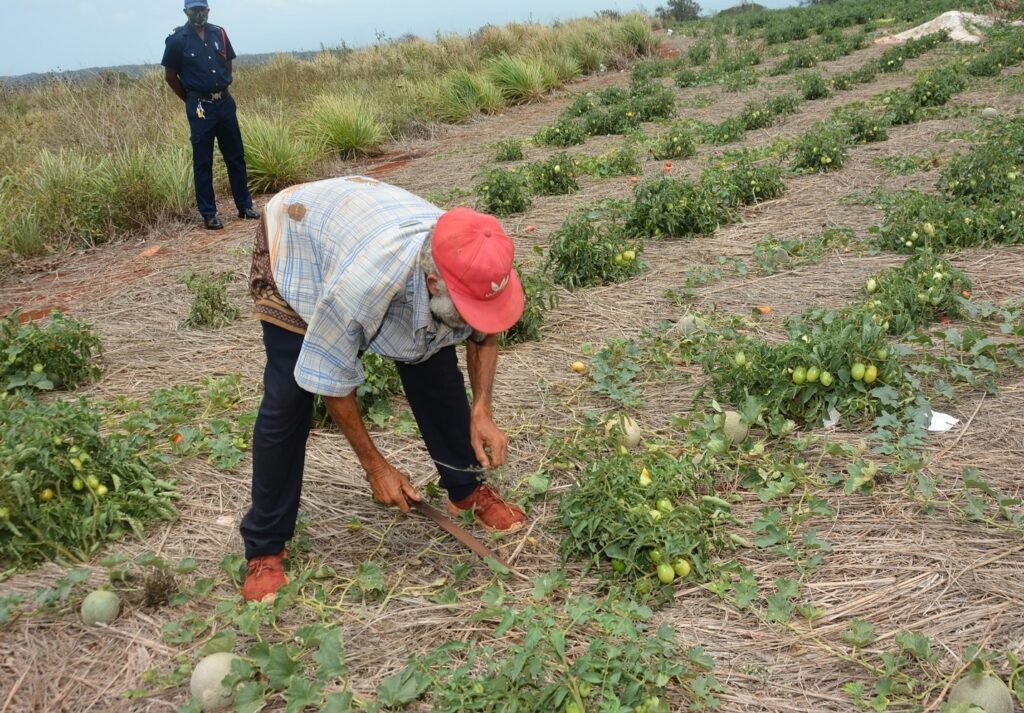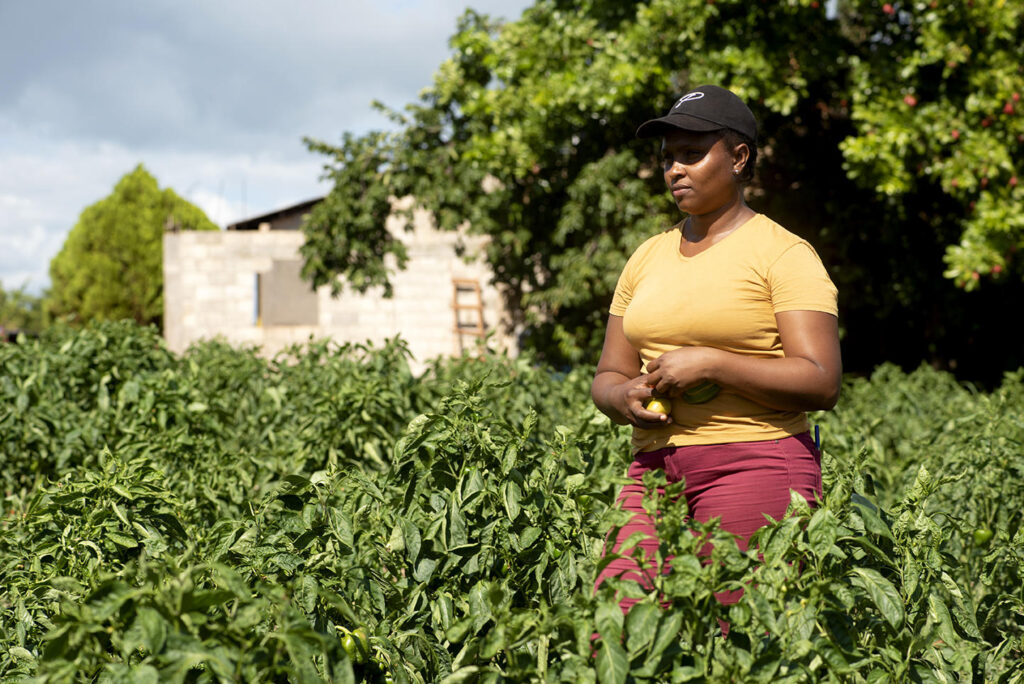

The parish of St Elizabeth is known as the breadbasket of Jamaica for good reason.
This parish has earned its title over the years based on its history of providing for the nation in terms of food production. That is, it supplies some of the major supermarkets and hotel chains as well as most households with spices, fruits, vegetables and a host of ground provisions.
This is coming from a parish that has openly expressed its water woes. The high quality of the soil has never disappointed the people in producing the very best. The industrious farmers have nurtured their produce with love and care through severe weather conditions as well as other challenges. All these praises are not to detract from the other parishes that have contributed significantly to the agriculture sector of Jamaica for years.
Jamaican leaders have instituted a number of organisations governing agriculture over the years and they are eager to capitalise on all St Elizabeth has to offer. Let us remember that during the COVID-19 pandemic farmers across St Elizabeth were able to mobilise and donate excess produce to satisfy the needs of many Jamaicans.
The kindness of the people of St Elizabeth is no secret. In fact, persons will quickly share that on any given day when you are passing a heavily laden fruit tree in St Elizabeth, home owners are more than willing to allow you to fill a whole container. This speaks to the kind nature of the people.

So now to the matter at hand; is there any way that any of these organisations could coordinate with the people who are so giving to retrieve the excess fruit that are in abundance especially on the south side of the parish especially during the mango season?
Could these mangoes, tomatoes or melons be sent to government-run organisations such as [children] homes or even schools that could benefit significantly?
One may ask why don’t the citizens do this? Many of them do it on a small scale but if just one of the designated organisations in agriculture could spear head such a move the initiative may be more standardised thus ensuring that the area with most need is met.
There is no harm to having a designated coordinator at the head of such a move.
This initiative may seem like something so simple but it could be one of the many solutions that Jamaica continues to search for in an effort to improve the lives of its citizens. Remember the health benefits attached to such a move. Just imagine using the excess in the bread basket parish to assist others.
Now that is sustainability!!






Comments